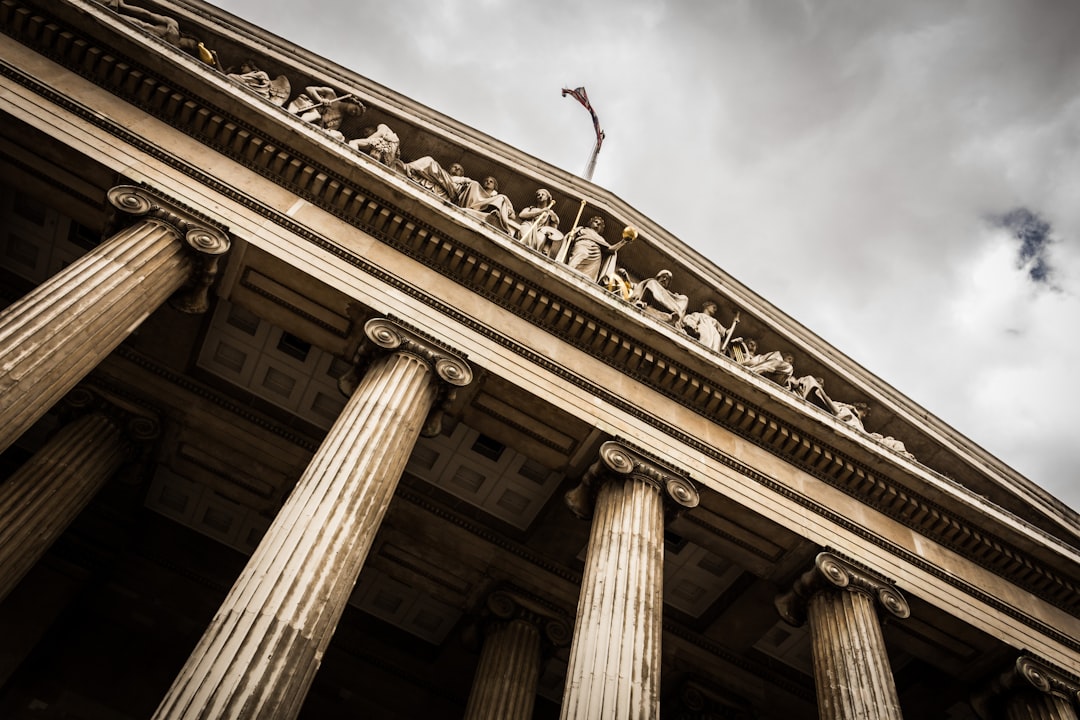Oregon nonprofits are utilizing autodialers to enhance outreach and engagement, but they must navigate complex legal landscapes, including federal and state regulations. By employing these automated tools for fundraising, reminders, and announcements, nonprofits can broaden their reach while ensuring compliance with the TCPA and Do-Not-Call Registry. Consulting with an Oregon autodialer lawyer is crucial to protect consumer rights, avoid legal issues, and implement ethical marketing strategies using this technology.
“The future of nonprofit communication is here, and it’s powered by autodialers. This innovative technology offers a strategic edge to Oregon’s charitable organizations, enabling efficient outreach and engagement with supporters. However, navigating the legal landscape surrounding autodialer use in Oregon is crucial for nonprofits to ensure compliance.
This article explores the rise of autodialers, delves into Oregon’s legal considerations, and provides best practices for nonprofits looking to adopt this game-changing tool, all while highlighting the importance of consulting an autodialer lawyer Oregon.”
Understanding Autodialers and Their Role in Nonprofits

Autodialers, also known as automated phone dialers, are software tools that have transformed the way nonprofits reach their supporters and potential donors. These technologies enable efficient, large-scale outreach by automatically dialing phone numbers in a targeted manner, saving significant time and resources compared to manual methods. In Oregon’s nonprofit sector, where engagement with diverse communities is vital, autodialers play a crucial role in expanding accessibility and ensuring impactful communication.
Nonprofit organizations use autodialers for various purposes, including fundraising campaigns, appointment reminders, event invitations, and public service announcements. An autodialer Lawyer Oregon can help nonprofits navigate the legal aspects of using this technology while ensuring compliance with privacy laws and regulations, such as the Telephone Consumer Protection Act (TCPA). By leveraging autodialers effectively, Oregon-based nonprofits can enhance their operational efficiency, broaden their reach, and strengthen connections with their target audiences.
Legal Considerations for Autodialer Use in Oregon

In Oregon, the use of autodialers for marketing or outreach purposes is governed by state and federal laws, particularly those pertaining to telemarketing and consumer privacy. Organizations operating in the nonprofit sector must adhere to strict guidelines when employing autodialers to contact potential donors or supporters. One of the primary legal considerations is obtaining prior consent from recipients, ensuring that calls are not made to numbers on the National Do-Not-Call Registry.
Additionally, Oregon has its own specific regulations regarding automated calling systems, which nonprofits must navigate to avoid legal repercussions. Consulting with an autodialer lawyer in Oregon is advisable for nonprofits seeking to utilize this technology effectively while respecting consumer rights and staying compliant with the law. This ensures that their marketing efforts are strategic, ethical, and within the legal framework governing autodialer use in the state.
Embracing the Future: Best Practices for Nonprofit Adoption

Oregon’s nonprofits are increasingly recognizing the power of technology in expanding their reach and impact, and the autodialer is a game-changer in this regard. This innovative tool offers a cost-effective and efficient way to connect with supporters, donors, and constituents at scale. By embracing autodialing solutions, nonprofits can enhance their fundraising efforts, streamline communication, and build stronger relationships with their audiences.
When adopting an autodialer, Oregon-based nonprofit organizations should consider partnering with reputable legal experts specializing in this field. An autodialer lawyer can provide guidance on navigating regulations related to automated calls, ensuring compliance and protecting the organization from potential legal issues. Best practices include obtaining explicit consent from contacts, offering opt-out options, and personalizing messages to maintain a positive donor experience.






